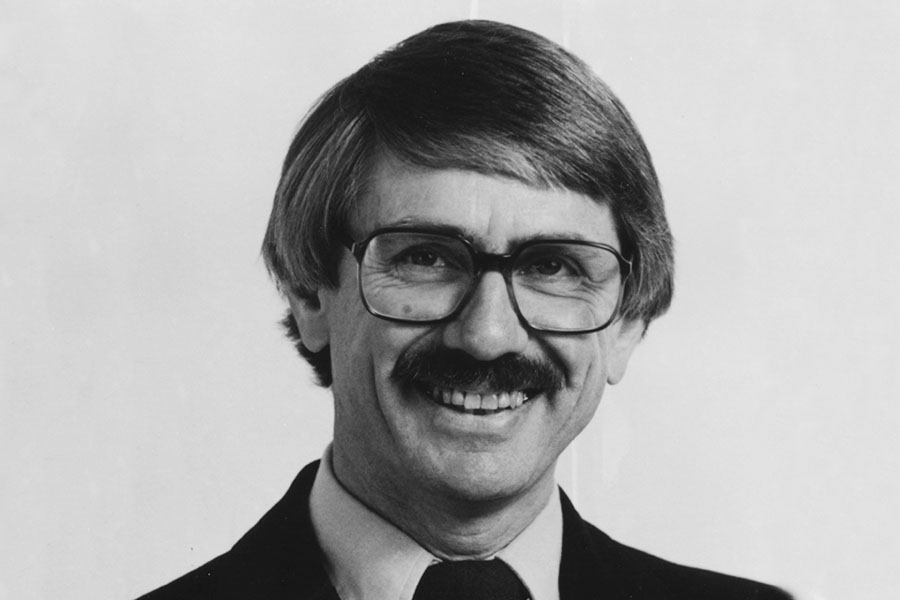Knox Stories
Knox Summer Scholars: A Summer of Research, Growth, and Community
Knox Summer Scholars gives students the chance to pursue in-depth projects with faculty mentors and motivated peers.
Venture Boldly

Office of Communications
2 East South Street
Galesburg, IL 61401


Thomas Eugene Kurtz ’50, a visionary in computer science and mathematics, passed away peacefully on November 12, 2024, at the age of 96.
Born on February 22, 1928, in Oak Park, Illinois, Kurtz’s path of intellectual achievement began at Knox College, where he graduated in 1950. His time at Knox laid the foundation for a lifetime of contributions to education and technology.
At Knox, Kurtz was known for his intellectual curiosity and the development of analytical skills that would shape his future endeavors and his commitment to making knowledge accessible to all—an ethos that would underpin his most influential work. He was awarded an Alumni Achievement Award from Knox College in 1975 and an honorary degree in 1985.
Following his time at Knox, Kurtz pursued a PhD in mathematics at Princeton University, earning his doctorate in 1956. He had a distinguished career in academia and technology, including nearly four decades as a professor of computer science and mathematics at Dartmouth College, during which he co-developed the BASIC (Beginner’s All-purpose Symbolic Instruction Code) programming language in the early 1960s. This innovation democratized computing this code would benefit leagues of programmers, including Bill Gates, who used a variation of BASIC foundation for early Microsoft operating systems.
Kurtz's work in making computer code available to non-expert users resonated with the mission to pursue bold ideas and push boundaries. He retired from a career in teaching in 1993, following much academic success and several awards.
“Tom Kurtz’s life and career were guided by his spirit of innovation, inclusivity, and dedication to education,” Knox College President C. Andrew McGadney said. “He also exemplified the power of a liberal arts education, boldly working to find solutions to computing issues that would ultimately help change the world of technology. His contributions will continue to inspire generations in the fields of mathematics, computer science, and beyond.”
Kurtz's life has been recognized nationally, with articles published in the New York Times, the Washington Post, and many other publications highlighting his significant contributions to the world of technology.
He is survived by his wife Agnes, his sons, Daniel and Timothy; a daughter, Beth Louise Kurtz; his brother, David '54; nine grandchildren; and 17 great-grandchildren.
Published on November 20, 2024